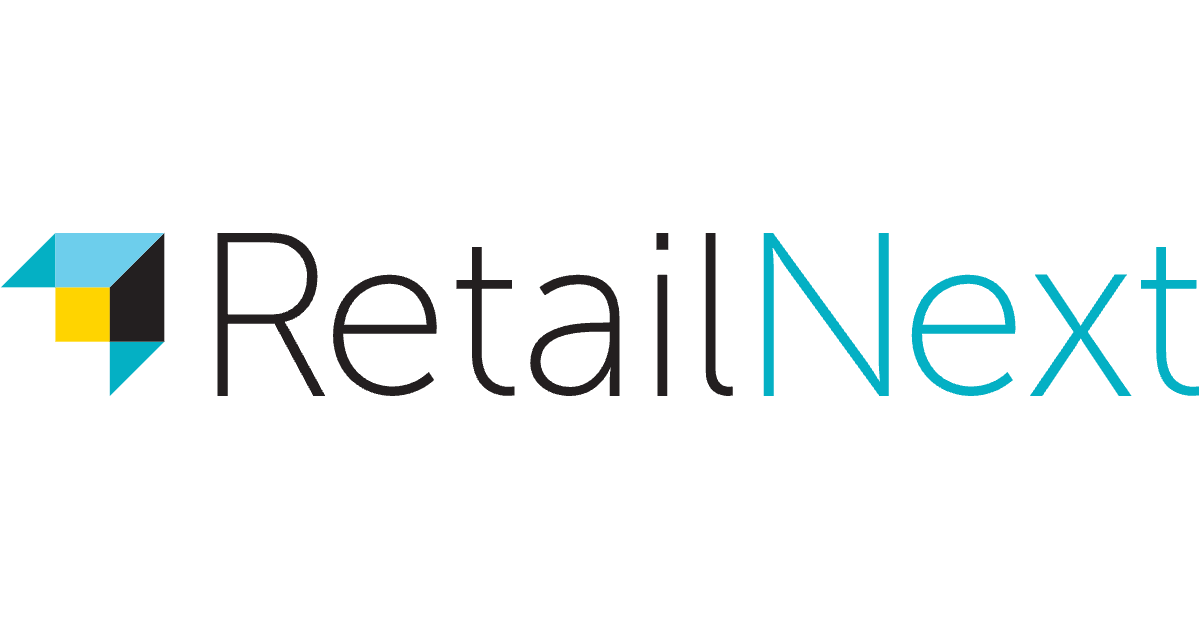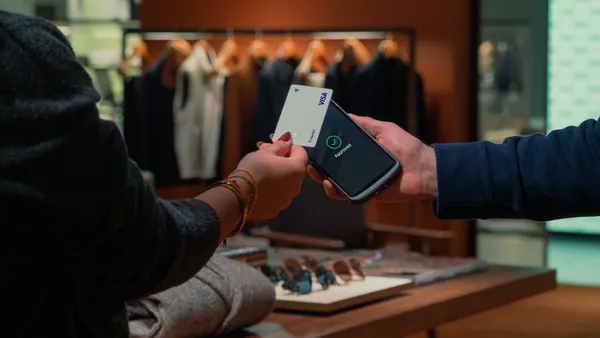Dive Brief:
- Drizly, which started as an alcohol delivery service but has been shifting its strategy to become more of an e-commerce platform, has raised $2 million in funding for a total of $17 million in financing so far.
- Drizly will use the money to create new features for its platform, enter more markets within the U.S. and develop a personal recommendations capability, CEO and co-founder Nick Rellas told TechCrunch.
- Liquor stores and beer and wine shops pay a monthly fee, which varies by market and other factors, to sell through the Drizly app, which presents consumers in a given market with different prices on beer, wine and liquor from stores within that market, along with different delivery or pick-up options for each store.
Dive Insight:
The business of booze delivery is booming — or at least the segment is getting very crowded, with different companies that would like sell alcohol online for quick, sometimes on-demand, delivery. Amazon Prime Now launched a one-hour alcohol delivery service more than a year and a half ago, and most recently, Postmates confirmed months of speculation, saying it would also get into on-demand alcohol delivery. In between, services such as Minibar, Thirstie, Swill, BrewDrop, Klink and Saucey all have taken a run at the market in one form or another. (And now I'm thirsty for something saucy to swill after naming all of them.)
Given all that activity, Drizly may have made a wise choice to become more of a digital sales engine for sellers of liquor, beer and wine. Many of the stores and shops it is likely targeting probably would not have an e-commerce capability otherwise, and might not consider (or be considered) partnership material for Amazon. Drizly can present these same stores with a ready-made software platform allowing the startup to become more deeply integrated in their business operations than it might otherwise be as a third-party delivery option.
Of course, the platform has to work well and produce results, and much of that depends on how many people actually use it to shop for alcohol, how often they use it, and how they feel about the experience. It sounds like some of this money will go toward improving customer-facing aspects of the platform, so it seems like Drizly has its head in the right place. Now, it just needs consumers to put their money where their livers are... or something.













